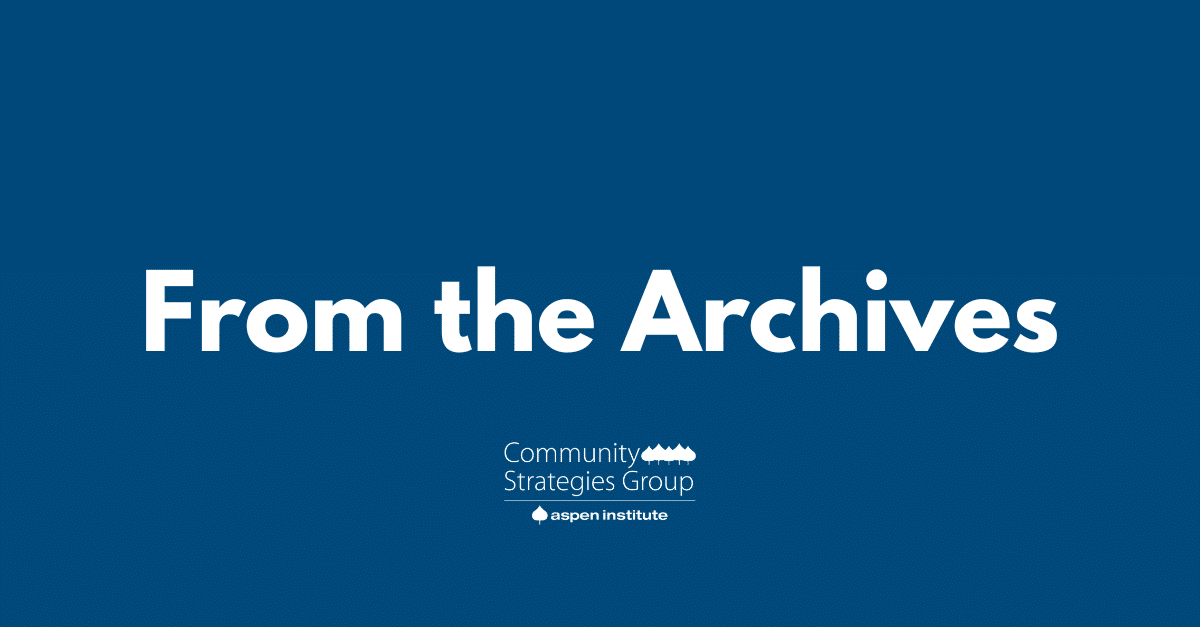This document, “Pioneers of Progress: Policy Entrepreneurs and Community Development, Volume Two: The Network of Pioneer Organizations,” published by Jobs for the Future in April 1991, profiles various non-profit and community-based organizations across the United States. It begins with an introduction to a 1991 conference held in Washington, D.C., where over thirty representatives discussed strategies for improving the effectiveness of state-level, non-governmental organizations in shaping economic and human resource development. The document then provides detailed profiles of organizations, categorized by state or as “National Pioneers,” including:
- National Pioneers: Allegheny Conference on Community Development, The Citizens League (Minneapolis), Kansas Inc., Maine Development Foundation, North Carolina Rural Economic Development Center.
- Arkansas Pioneers: Arkansas Business Council Foundation, Arkansas Land and Farm Development Corporation (ALFDC), The Winthrop Rockefeller Foundation, The Wilowe Institute.
- Colorado Pioneers: Center for the Improvement of Public Management (University of Colorado at Denver), Colorado Forum, The Colorado Trust, The Piton Foundation.
- Indiana Pioneers: Indiana Economic Development Council Inc. (IEDC), Lilly Endowment, Inc., Greater Indianapolis Progress Committee (GIPC), United Way of Indiana.
- Missouri Pioneers: Confluence St. Louis, Kansas City Consensus, Missouri Rural Innovation Institute, Institute for Policy Leadership.
- Mississippi Pioneers: Delta Foundation, Inc., Leadership Mississippi Alumni Association, Mississippi Action for Community Education (MACE).
Each profile includes information on the organization’s status, founding date, method of creation, governance (board, staff, executive leadership), budget, funding sources, mission, main areas of interest and activity, and strategy, often detailing specific programs and accomplishments. The document emphasizes how these “pioneer” organizations work to affect change, promote economic and community development, and address critical issues in their respective regions, often through policy research, advocacy, capacity building, and collaborative efforts.







